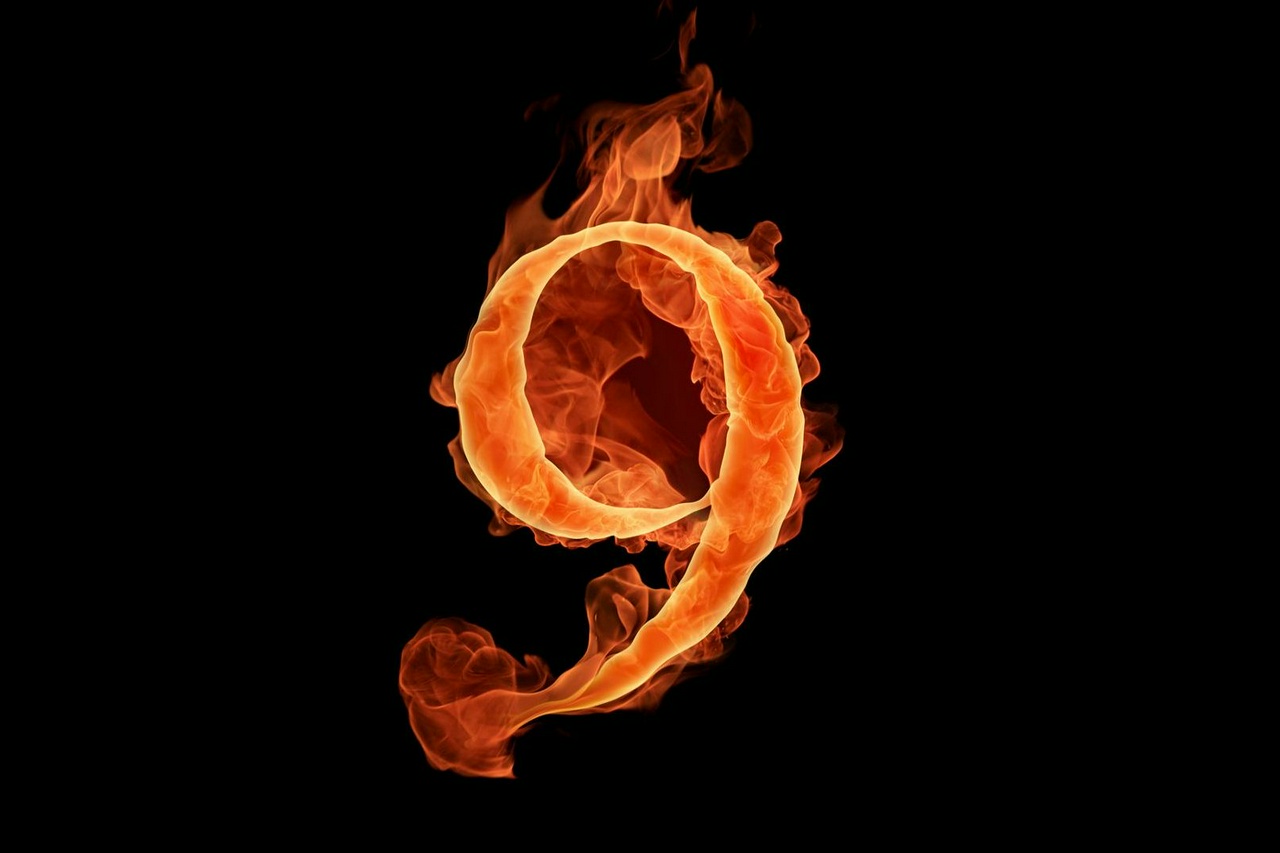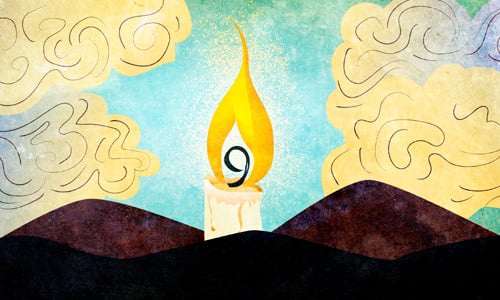
Anyone who has spend any time trying to understand the words of the Siddur has most likely noticed that many parts of the Siddur are aspirational. In a very real way, we are asking Hashem to give us things that we are not always sure we are ready for.
Consider the daily tefillah וְהָשֵׁב אֶת הָעֲבוֹדָה לִדְבִיר בֵּיתֶךָ וְאִשֵּׁי יִשְׂרָאֵל וּתְפִלָּתָם בְּאַהֲבָה תְקַבֵּל בְּרָצוֹן – restore the sacrificial service to Your Home, and the fire-offerings of Israel and prayers, You should accept lovingly and willingly.
Mori V’Rabbi Rav Blachman has often pointed out, when we daven for the return of the Avoda to the Beis HaMikdash, we are asking for “skirted priests slitting the throats of goats, while listening to nasal oriental music.”
On a cultural level, the return of sacrificial services will undoubtably be challenging. But on some intellectual level, we know that there is a deep religious significance which we are hoping to experience. Practically, this means that when we daven for the return of the Avoda, we are also praying for the capacity to appreciate it.
If we’re being honest, we probably don’t really want to bring Korbanos; but we want to want it. Or at the very least, we want to do what Hashem wants us to do, and we’re praying for the capacity to experience the meaning in those actions.
This is true for others parts of the Siddur as well, like the restoration of the Halachic judicial system (הָשִׁיבָה שׁוֹפְטֵינוּ כְּבָרִאשׁוֹנָה). Whatever you think of Judicial reform in Israel, few of us are looking forward to giving or getting lashes. And whatever you feel about the current Israeli government, most of us are nowhere near abolishing democracy in favor of the reinstitution of the Davidic monarchy (אֶת־צֶמַח דָּוִד עַבְדְּךָ מְהֵרָה תַצְמִיחַ). All of these changes will be a shock to our current way of life, and we’re praying for the capacity to want them.
But there is one Tefillah, tucked away at the end of the Shmoneh Esrei that defies this formula:
וְלִמְקַלְלַי נַפְשִׁי תִדּוֹם וְנַפְשִׁי כֶּעָפָר לַכֹּל תִּהְיֶה – May my soul be silent to those who curse me; and let my soul be like dust to all.
Do you really want your soul to be like dust to everyone? Do you even want to want it? Are we truly asking Hashem for the ability to desire such abject self-negation?
I must confess, this line of the Siddur has bothered me for many years. We know what being treated us dust has felt like for the past two-thousand years. We were reminded of it on October 7th. Today, we are blessed to live in a generation of proud Jews who are no longer willing to be the door mat of the bullies of history, so how can we honestly ask Hashem for something we don’t want?
More troublingly, we actually want the opposite, and for all the right reasons. We want to be a Kiddush Hashem, not to kicked and stepped on. We want the world to see our great value, to be held in the highest regard in all of human consciousness.
This conundrum, however, is born out of a serious misunderstanding of the concepts of humility and pride. This question is address by the Medrash (ספרי במדבר קא) when discussing the famed humility of Moshe Rabbeinu – וְהָאִישׁ מֹשֶׁה עָנָו מְאֹד.
What was Moshe’s humility? He was not meek, since he had no problem waging wars against Sichon and Og. He was not impoverished since the Sapphire of the Luchos belonged to him. Rather, he was humble in his thought.
The Ramban explains this great humility of thought as an approach to life – הוּא לֹא יַעֲנֶה עַל רִיב לְעוֹלָם – he would never respond to any personal attack.
Most often we hear this idea expressed as some kind of counterweight to Moshe’s greatness: Despite the fact that he was the greatest of the prophets, and despite his profound relationship with Hashem, Moshe was able to overcome his pride and remain humble.
But Rebbe Nachman teaches us that the opposite it true. Moshe was not humble despite his greatness. He achieved greatness due to his great humility, and this is the meaning of “being like dust.”
The earth, Rebbe Nachman (ליקוטי מוהר”ן קמא ע׳) explains, is the basis of all life. Everything is pulled towards it, and everything grows from it.
וְהַצַּדִּיק הוּא בְּחִינַת עָפָר הַנַּ”ל, כִּי הַצַּדִּיק הוּא יְסוֹד עוֹלָם, כְּמוֹ שֶׁכָּתוּב (משלי י׳:כ״ה): וְצַדִּיק יְסוֹד עוֹלָם; וְכָל הַדְּבָרִים עוֹמְדִים עָלָיו, וְיֵשׁ לוֹ כֹּחַ הַמּוֹשֵׁךְ, לְהַמְשִׁיךְ כָּל הַדְּבָרִים אֵלָיו.
Now, the tzaddik is the embodiment of this concept of dust. For he is the world’s foundation, as it is written (Proverbs 10:25), “the tzaddik is the foundation of the world.” All things stand on him, and he has an attracting force through which he draws everything to himself.
Moshe Rabbeinu understood that in order to be a source of growth, bracha, stability and connection for Klal Yisrael, he needed to become like the Earth. Be minimizing his own ego, he could become the leader of our nation, and the greatest teacher of Torah.
Humility is not weakness, meekness or poverty. Humility is choosing to live our lives with purpose, and never letting our egos get in the way. And that’s ultimately what we’re davening for.
When we ask Hashem for our souls to be like dust, we are asking for the strength to become the bedrock of the world. To fulfill our personal and national mission. To succeed in ensuring that we never prioritize our hangups and egos, we never let them get in the way of our goals.
We are asking Hashem to help us become a little more like Moshe Rabbineu, that our souls should also become the foundations from which the entire of humanity will grow and prosper.
___
Subscribe to this blog here👇.
YouTube: www.youtube.com/raelblum
Facebook: facebook.com/rael.blumenthal









